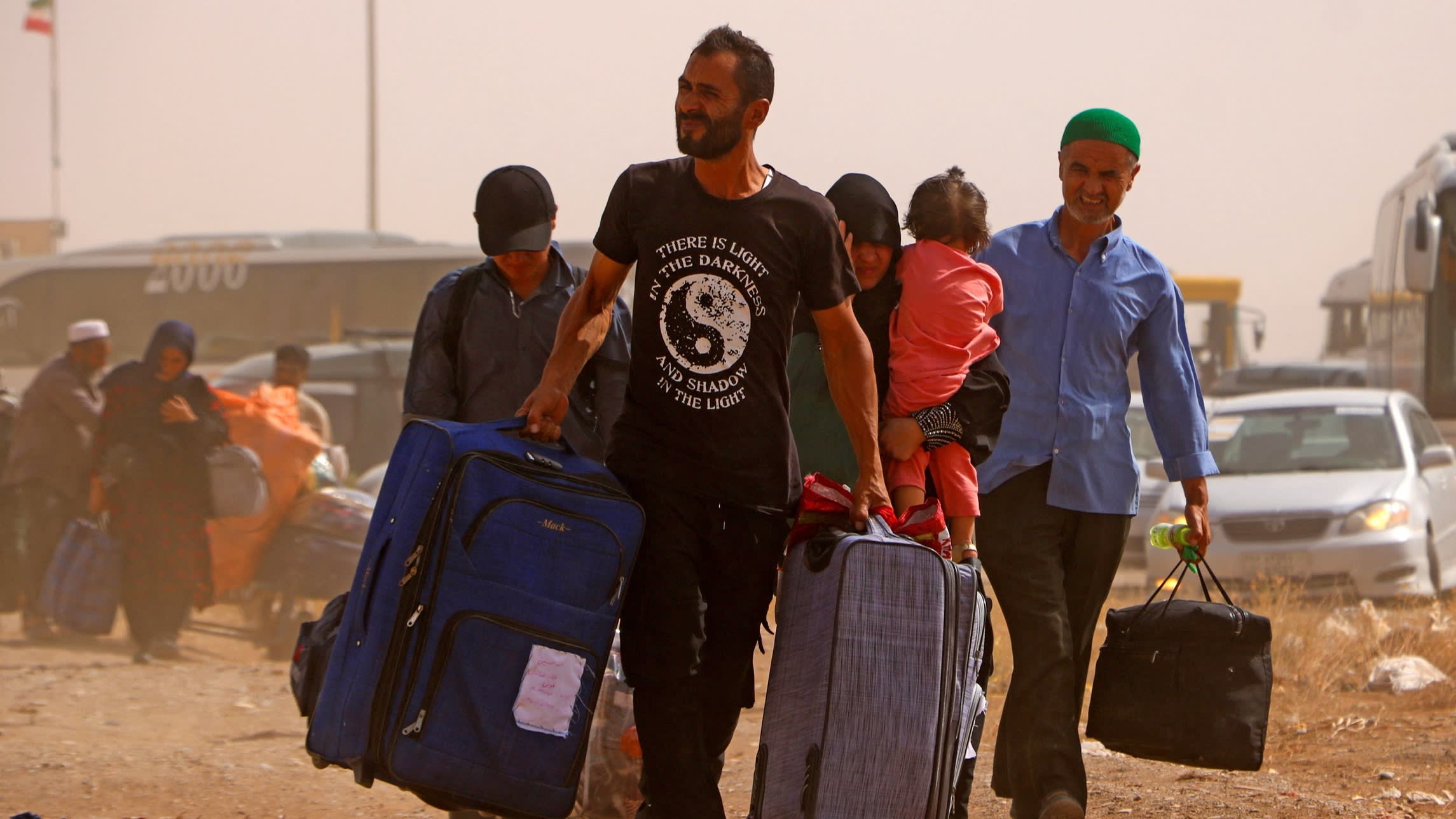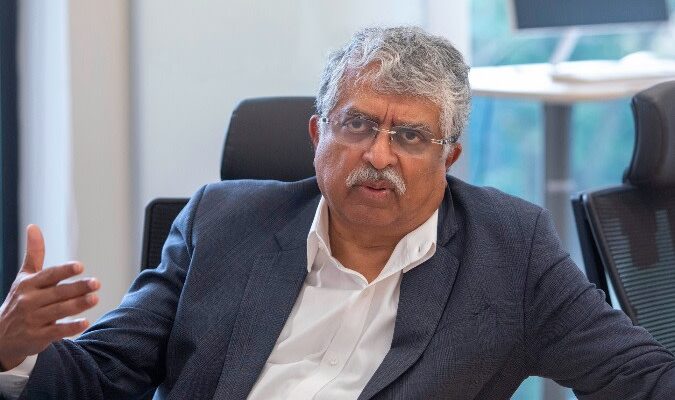
Unlock the Editor’s Digest for free
Roula Khalaf, Editor of the FT, selects her favourite stories in this weekly newsletter.
Iran has expelled thousands of undocumented Afghans in the wake of its 12-day war with Israel, accelerating a mass deportation campaign as paranoia about Israeli infiltration during the conflict fuels anti-migrant sentiment.
The UN’s refugee agency UNHCR said that the number of daily returns to Afghanistan from Iran — which launched a deportation campaign earlier this year — soared from about 5,000 to 30,000 after the war, adding that the majority had been sent forcibly.
“The sheer volume of returns — many abrupt, many involuntary — should be setting off alarm bells across the global community,” Roza Otunbayeva, the UN special representative for Afghanistan, said this week.
More than 1,300 Iranian activists, actors and journalists this month called in an open letter for a stop to the “inhumane” treatment of Afghan migrants on the “baseless accusation” that they are part of an espionage and penetration network.
“This appears to be an attempt to take revenge for Israel’s criminal attack . . . not on certain groups within this million-strong population but on all Afghans,” they wrote.
Iran, the world’s largest refugee hosting country, was home to some 6mn Afghans who fled decades of war, repression and poverty across the border. Authorities say more than 2mn people entered Iran after the Taliban took power in Afghanistan in 2021.
Iran says nearly 800,000 Afghans have been deported since it started the deportation campaign in March, citing the burden on the Islamic republic’s already weakened economy of hosting millions of migrants while under international sanctions.
But since the war some officials have stirred fears that Afghan migrants represent a potential fifth column and security threat.
Sabotage attacks during the war and the assassinations of senior commanders and nuclear scientists — even, Iranian officials say, an unsuccessful attempt to kill President Masoud Pezeshkian — exposed extensive Israeli infiltration of the regime.
Several Afghans were detained on allegations of collaborating with Israel’s intelligence agency Mossad during the war, with Tehran’s governor calling for public tipoffs about hide-outs for undocumented Afghans. “The security of the capital is a red line,” he said. “There will be no leniency towards the illegal presence of [Afghan] nationals.”
Sadiqah, a 28-year-old Afghan woman living with her three children on the outskirts of Tehran, said her husband has only returned home twice since the end of the war, staying at the company in northern Tehran where he works as a cleaner for fear of being detained.
“We’ve had a lot of support from Iranians,” Sadiqah said. But she said she now receives occasional verbal abuse at her local market, with customers telling the baker “not to sell bread to Afghans. These days people are angry.”
The status of Afghan migrants has been a deeply polarising issue. Afghans constitute a major portion of Iran’s workforce in construction, agriculture, small businesses and services, and many Iranians argue they provide invaluable contributions to the country’s economy.
But officials argue that the Islamic republic cannot continue hosting so many refugees without more international support.
Fatemeh Mohajerani, a government spokesperson, said this week that the deportation of Afghan nationals was “a public demand” to “reduce pressure on state subsidies, particularly in the areas of energy and bread”.
Senior allies of the Islamic republic have cautioned against confusing the search for Israeli collaborators with xenophobia.
“When we talk about infiltration, we shouldn’t simply focus on people who look different from us,” Mohammad Javad Zarif, a former foreign minister, told Iranian news last week.
Mohammad-Javad Azari Jahromi, a former minister of communications, similarly warned against “oversimplifying the enemy’s complicated planning and its access to sensitive data by linking them solely to Afghan deportations”.
Despite all the difficulties she and her family are facing, Sadiqah is determined to stay in Iran.
“I will not leave Iran, dead or alive,” she said. “Why should I return to a country where I have no home, no job and my daughters won’t even be allowed to go to school?”


